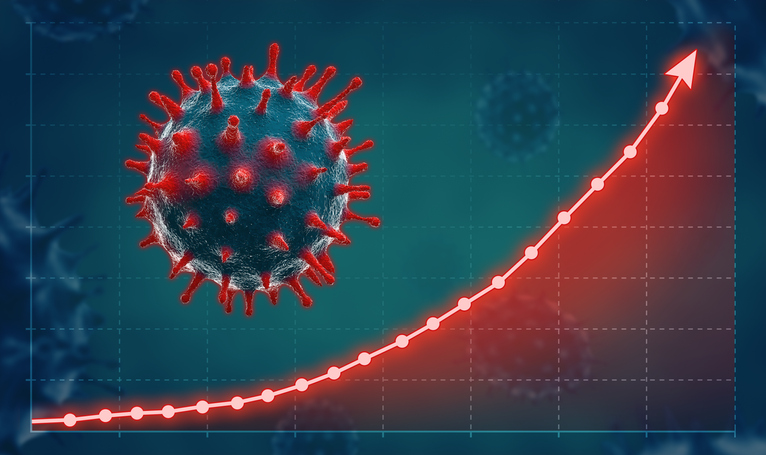A recent study published in the journal Nature provides fresh insights into the heritability and shared environment impact on COVID-19 susceptibility and severity.
A team of investigators from Columbia University in New York conducted the research. It relied on family history data, PCR test results, and hospitalization information from patients at the New York-Presbyterian/Columbia University Irving Medical Center (NYP/CUIMC).
Why Do I Keep Getting COVID?
The findings unveiled that genetic factors and shared environment play significant roles in COVID-19 susceptibility and severity variability.
Regarding susceptibility, it was estimated that genetic factors contribute roughly 65%, whereas shared environment accounts for about 35%.
This suggests that we still haven’t fully grasped how genes influence the likelihood of contracting Covid-19. Moreover, the study observed that over time, the significance of genes in susceptibility to the disease has increased.
Concerning disease severity, approximately 41% of the difference in hospitalization duration can be attributed to genetic factors. In comparison, about 33% is due to shared environment factors, such as the individual’s living conditions or household environment. This underscores the significant roles of genes and environment in determining how severe SARS-CoV-2 can be for an individual.
Given the dynamically changing environment and vaccine introduction, the study also underscores the challenges of estimating heritability and shared environment during a pandemic.
As the epidemiological landscape evolves and public health measures vary, it is crucial to continue researching to understand the factors influencing virus susceptibility and severity.
These findings not only shed light on the complexity of the interplay between genetics and environment in the COVID-19 response but also carry significant implications for developing more effective therapies and prevention strategies in the future.















